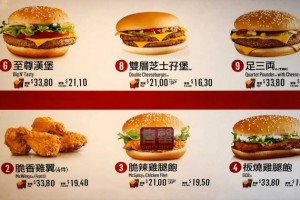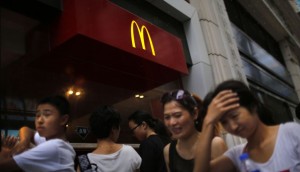Textbook prices have been increasing drastically enough for the average university student to be $25,000 in debt. Students are in need of purchasing overly expensive textbooks for several classes even after the high price of tuition, causing an extreme financial issue.
This increase in textbooks over time is affecting university students’ financial status incredibly as the average student is usually in debt from tuition fees. In my opinion, paying “as much as $1,000 per semester on books” (Enright, 2014) is highly absurd. It seems unethical for students to pay such high prices when the cost of textbooks has “increased more than four times the rate of inflation” (Enright, 2014). This makes me reflect upon the opportunity costs of being able to purchase other cheaper products. In addition to unethical issues, students are expected to purchase the latest edition in textbooks when in fact, there are only a few slight changes in these different versions. I believe this could be a factor in discouraging students from attending secondary educational institutions. These expensive textbooks can discourage students from purchasing their necessary textbooks which will therefore, affect their grades and cause them to do poorly in classes. Overall, overly-priced textbooks should be re-evaluated, taking into consideration university students’ financial concerns.
Source: http://www.cbc.ca/thesundayedition/essays/2014/09/21/textbook-prices-that-break-the-bank/



